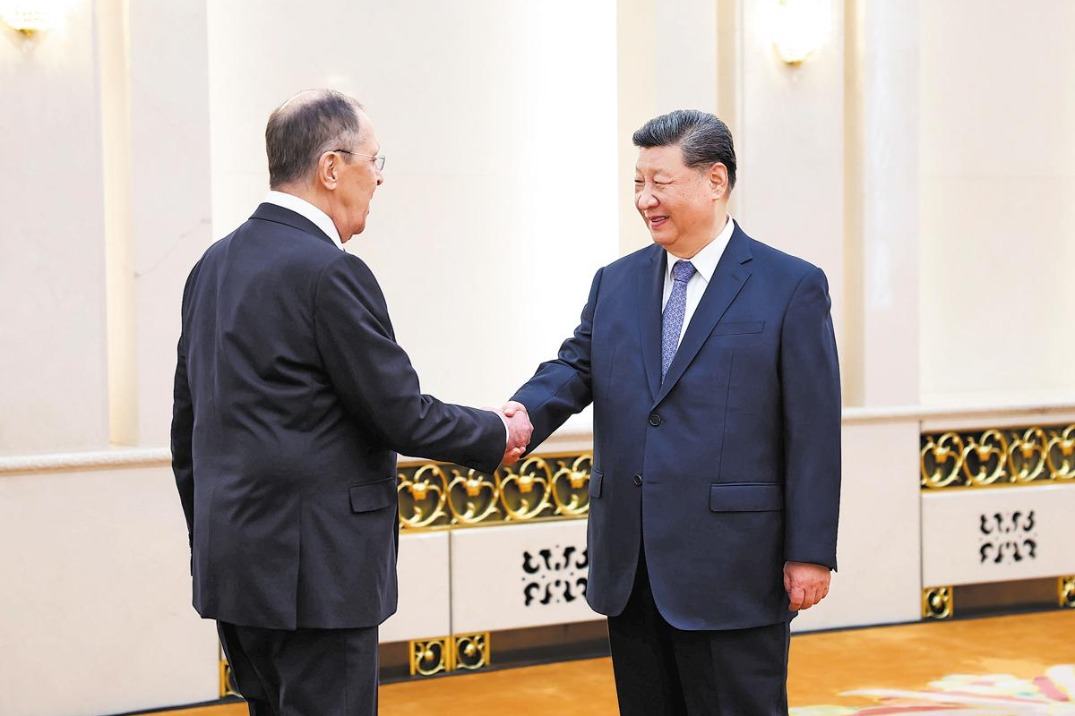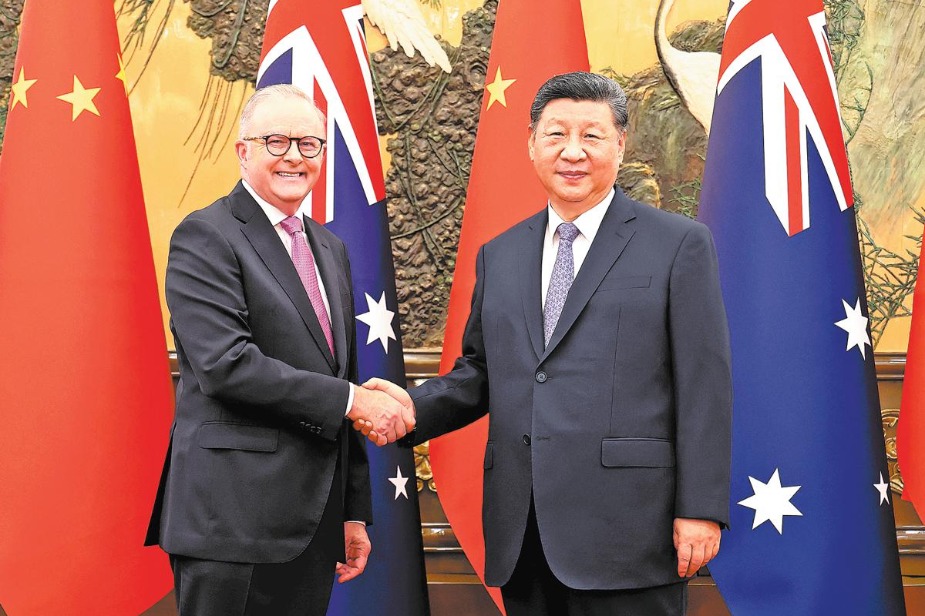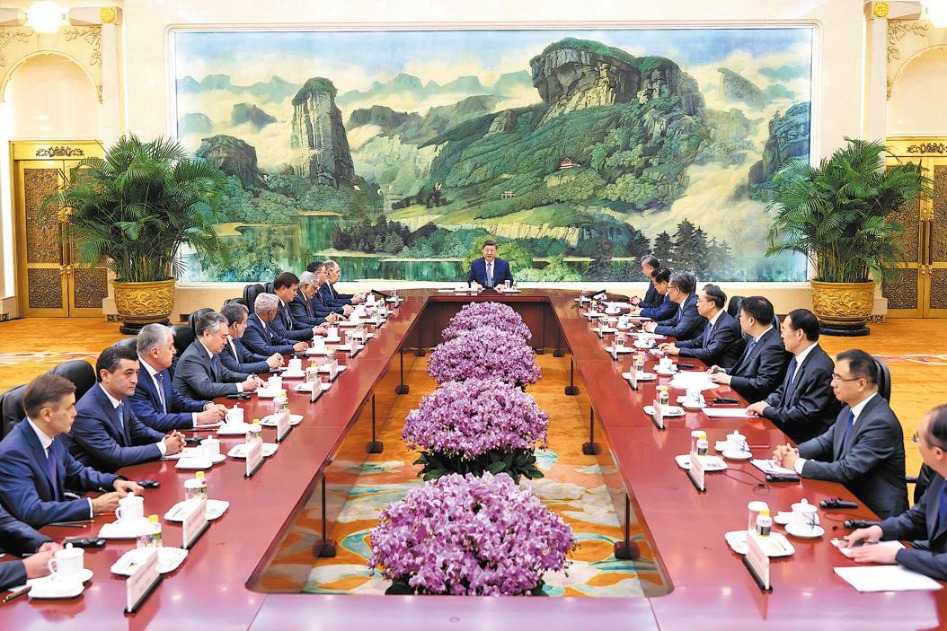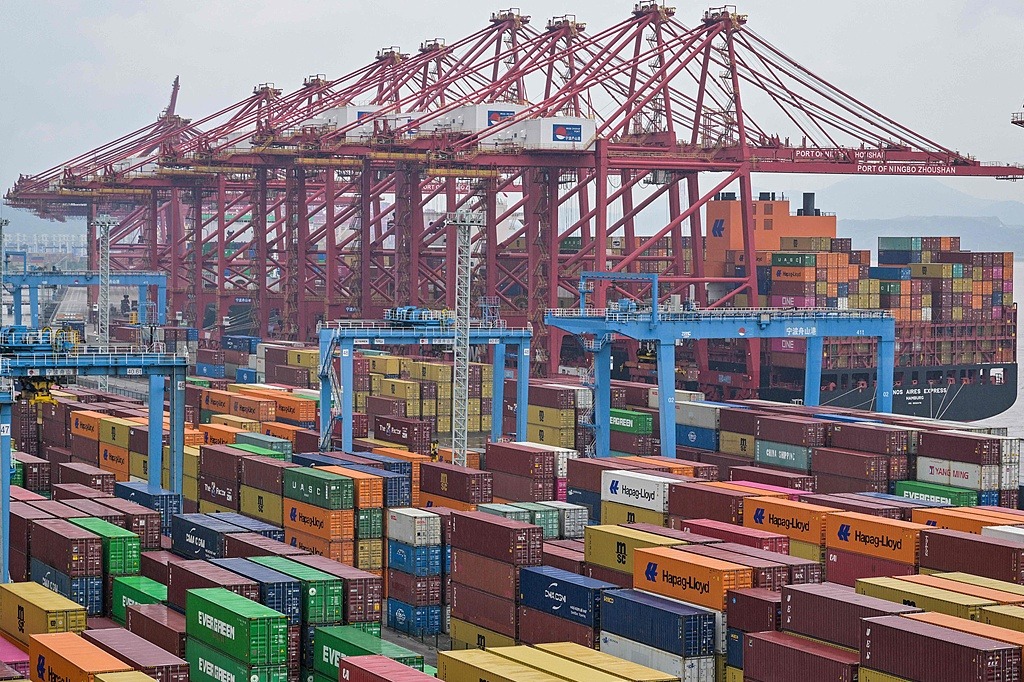Continental transformer

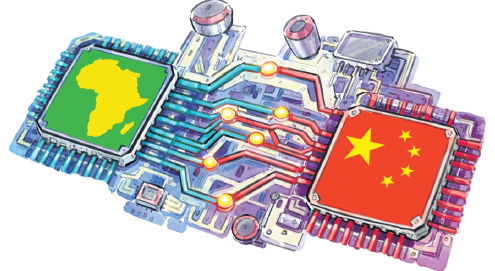
Development of Africa's digital economy presents a host of opportunities for its economic cooperation with China
China has pledged to work with Africa to formulate and implement a unique partnership program on digital innovation. Assistant Minister of Foreign Affairs Deng Li shared this vision at the China-Africa Internet Development and Cooperation Forum on Aug 24. Africa urgently needs to power its digital economy to drive economic transformation and development. The program will cover those aspects that Africa most urgently needs-digital infrastructure, the digital economy, digital education, digital inclusiveness, digital security and the establishment of a digital cooperation platform.
The digital innovation partnership program incorporates digital cooperation into all aspects of China-Africa cooperation to help Africa achieve economic transformation and development. It vividly embodies China's solemn promise to "deliver without any hesitation work that is beneficial to the African people".
Africa suffered its worst recession in half a century in 2020 because of the novel coronavirus outbreak. Worse, it is most likely to be the last continent to recover economically as the virus has reduced the momentum of rapid growth. If its economy has to recover or achieve sustainable economic growth in the post-pandemic era, Africa will need to find new drivers. The digital economy, as a more advanced and sustainable economic form, provides the means for the African economy to achieve leapfrog development.
The African Union and African countries have issued a large number of plans and policies to encourage the development of the digital economy. The United Nations Economic Commission for Africa pointed out that digital transformation is essential for the African continent to enhance its global competitiveness in the 21st century. It can not only contribute to the integration of the African economies, promote inclusive growth and create jobs, it can also help eradicate poverty while benefiting more African people by eliminating the digital divide.
Africa has a great potential for developing a digital economy. According to a 2020 report by the GSM Association, sub-Saharan Africa has the world's fastest growing communications industry. By the end of 2019, the number of mobile users was 477 million and it could rise by another 137 million by 2025.
Africa's relatively young population structure is the pillar for its digital transformation. Not only are the young using more mobile devices, but young entrepreneurs are using communications, artificial intelligence and the internet of things to drive the continent's leapfrog development in the digital field. Elsie Kanza, head of the regional agenda on Africa at the World Economic Forum, pointed out that "Africa's rapidly growing youth population will provide impetus for the development of the digital economy".
However, Africa is also facing significant bottlenecks, such as serious shortages of digital infrastructure, lack of integration between digital technology applications and production, a shortage of talents and underdeveloped financial markets. That is just where China comes in.
On the one hand, China owns cutting-edge digital infrastructure capabilities, which can support the development of digital infrastructure in Africa. On the other hand, it has a developed digital economy represented by various new business forms, which can support the integration of digital technology and the real economy in Africa.
China's strong digital productivity is correlated with Africa's strong demand for digital development. According to the Atlantic Council, Huawei and ZTE have jointly built nearly 80 percent of Africa's 3G network infrastructure, while Huawei invested in and built 70 percent of its 4G networks. The continent is building an e-commerce ecosystem on the platform built by Chinese companies and the mobile payment technology and smartphones they have offered. Huawei has even established training centers in Africa and carried out an information and communications technology talent training program called the "Seeds for the Future".
The development of a unified African market will thus usher in unlimited opportunities for China-Africa digital economic cooperation. The key aim of the African Continental Free Trade Area launched on Jan 1 is to establish a single market for goods and services. On the one hand, the digital economy is indispensable for trade facilitation in the free trade area. Improving digital connectivity is vital to promote intra-Africa trade. That is especially the case under the new normal in which the internet serves as the transmission medium, cross-border flow of data as the means of exchange and e-payment as the settlement method.
The African Union's Digital Transformation Strategy for Africa (2020-30) is eyeing a secure digital single market in Africa, where the free movement of persons, services and capital is ensured and individuals as well as businesses can seamlessly access and engage in online activities in line with the African Continental Free Trade Area. On the other hand, the digital economy is integral to the development of the "Made in Africa" initiative. By empowering Africa's manufacturing sector, the digital economy can seamlessly connect production and demand, as well as open up the different procedures in the supply and industrial chains for African companies and improve the efficiency of the industry and supply chains.
China and Africa can embrace new opportunities for cooperation in the areas of manufacturing empowered by the digital economy, e-payment, e-commerce, information technology application, one-stop services and a digital single market.
The in-depth integration of the digital economy and the "Made in Africa" initiative is expected to be the main focus and usher in key breakthroughs in China-Africa cooperation in the field of digital economy. The two sides can increase cooperation in digital economy governance, infrastructure development, financial services, technology application and innovation, and business model innovation to help Africa better reap the dividends from the digital economy.
The author is an assistant researcher at the China Institute of International Studies. The author contributed this article to China Watch, a think tank powered by China Daily.
The views do not necessarily reflect those of China Daily.
Contact the editor at editor@chinawatch.cn


















